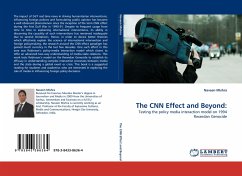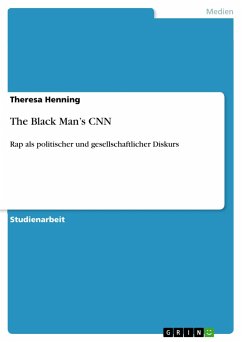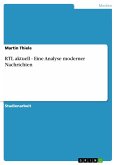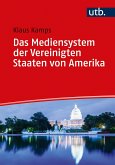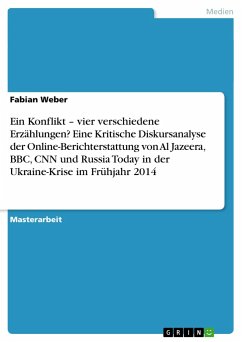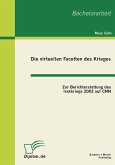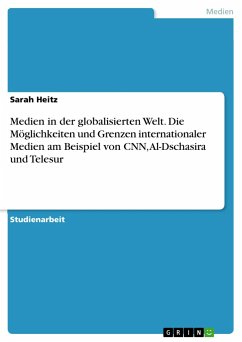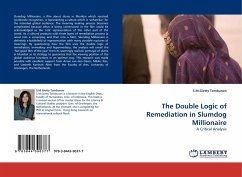The impact of 24/7 real time news in driving humanitarian interventions, influencing foreign policies and formulating public opinion has become a well observed phenomenon since the inception of the term CNN effect during the first Gulf War in 1990-91. Despite its frequent usage from time to time in explaining international interventions, its ability in discerning the causality of such interventions has remained inadequate due to several limitations. Hence, in order to device better theories which effectively explain the science of international intervention and foreign policymaking, the research around the CNN effect paradigm has gained much currency in the last few decades. One such effort in this area was Robinson's policy-media interaction model which claims to offer an advanced two-way understanding of media-state relations. This work tests Robinson's model on the Rwandan Genocide to establish its efficacy in understanding complex interaction processes between media and the state during a global event or crisis. This book is a suggested reading for students and academics who are interested in exploring the role of media in influencing foreign policy decisions.
Bitte wählen Sie Ihr Anliegen aus.
Rechnungen
Retourenschein anfordern
Bestellstatus
Storno

